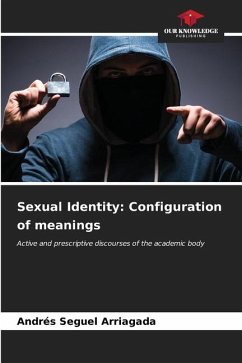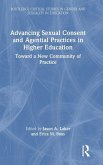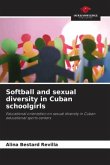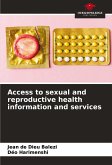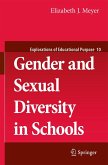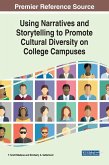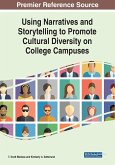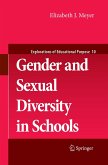The concept of sexual identity is a construct that has been installed in communities as a way of understanding diversity. It is composed of gender identity, gender role, biological sex and sexual orientation. Various theories explain how it is constructed and transformed through biological, social and affective processes. Within the active discourses, academics configure their sexual identity in the gender self-concept and maintain a relationship of tension between the personal and work worlds. On the professional level, academics must respond to the demands of the management, teaching, research and liaison dimensions, while on the personal level they must respond to their personal, social and emotional aspects. From the prescriptive discourses, the sexual identity of the subjects is understood from their gender self-concept, in which the roles and functions assumed by them are evaluated according to their efficiency, leaving underhandedly the self-esteem or authenticity of the subjects.
Bitte wählen Sie Ihr Anliegen aus.
Rechnungen
Retourenschein anfordern
Bestellstatus
Storno

